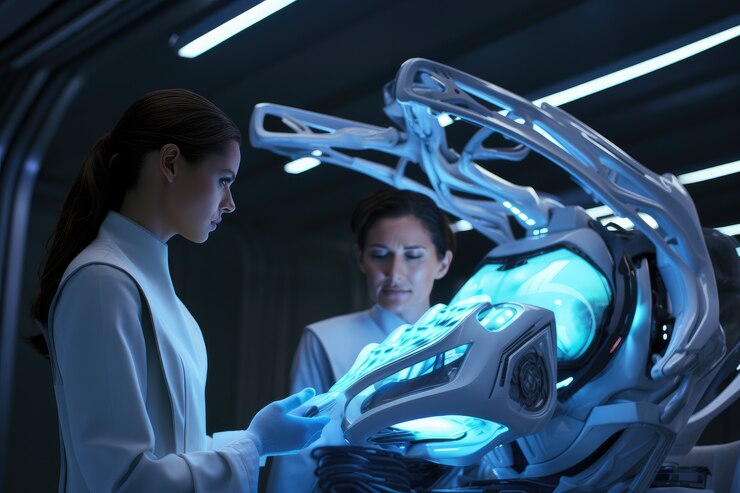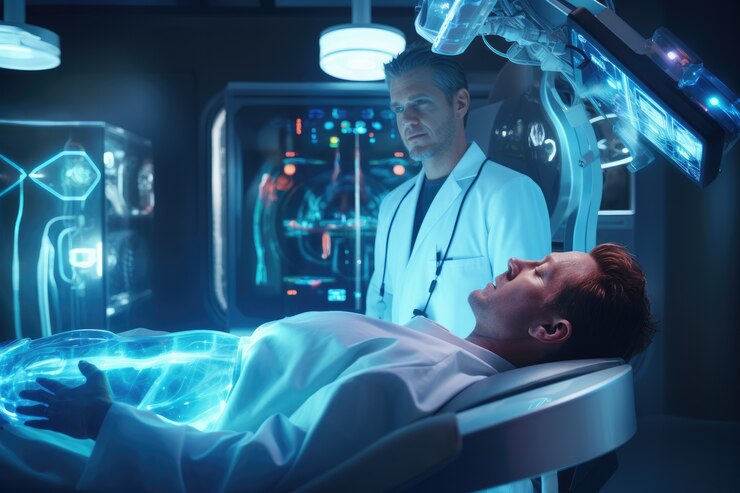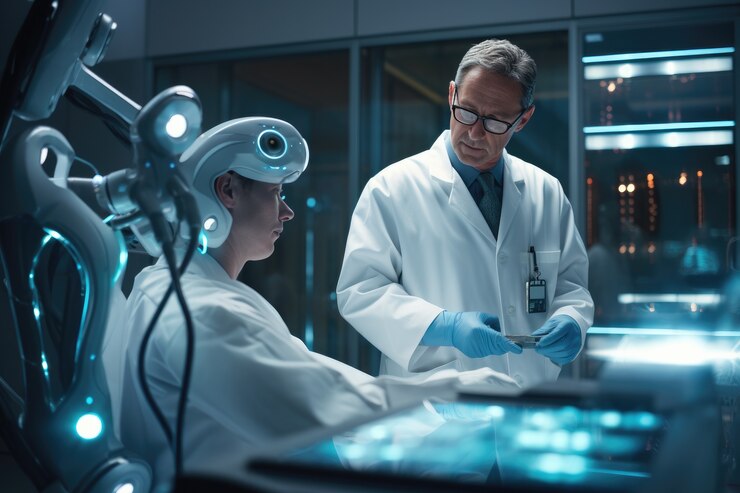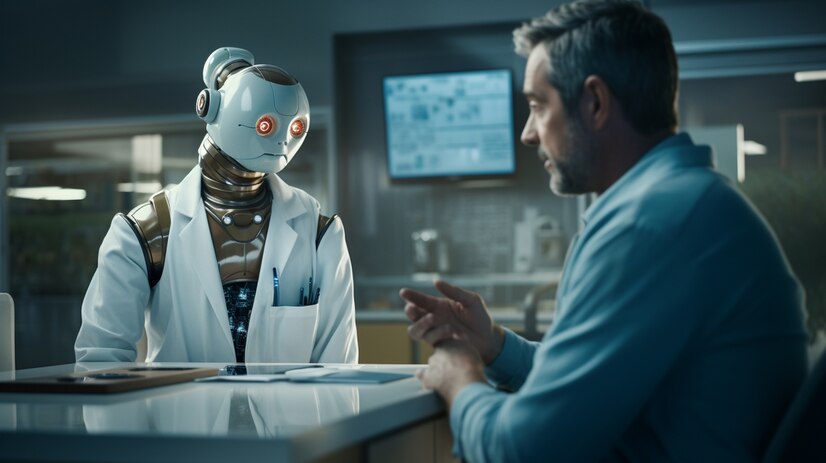
Robotics has revolutionized the healthcare industry, offering innovative solutions that enhance precision, efficiency, and patient outcomes. From performing intricate surgeries to providing rehabilitative care, robots have become integral to modern medical practices. They have enabled healthcare professionals to achieve higher accuracy in complex procedures while reducing human error. Additionally, robotics has expanded access to specialized treatments in remote areas through telepresence and robotic surgery systems. Robots are now playing a critical role in emergency response scenarios, assisting with tasks such as patient transport and triage. As technology continues to advance, robotics is poised to play an even greater role in addressing healthcare challenges, including workforce shortages and the growing demand for personalized care.


Surgical Precision and Assistance
One of the most significant applications of robotics in healthcare is in the operating room. Robotic surgical systems, such as the da Vinci Surgical System, allow surgeons to perform minimally invasive procedures with unparalleled precision. These systems use advanced imaging and robotic arms controlled by surgeons, reducing the risk of complications, shortening recovery times, and minimizing scarring.
Rehabilitation and Physical Therapy
Robotics is transforming rehabilitation by enabling more personalized and effective treatment plans. Robotic exoskeletons, for example, assist patients recovering from strokes or spinal cord injuries by helping them regain mobility and strength. These devices provide real-time feedback and adaptive support, ensuring that therapy is both safe and productive.

Patient Care and Assistance
Robotic systems are also improving patient care in hospitals and homes. Care robots can assist with routine tasks such as medication delivery, monitoring vital signs, and even providing companionship to elderly or disabled individuals. These robots not only enhance the quality of care but also alleviate the workload of healthcare professionals.
Diagnostic and Imaging Advancements
Robotics plays a critical role in diagnostic procedures and medical imaging. Automated systems can perform tasks such as drawing blood, conducting laboratory tests, and analyzing samples with greater accuracy and efficiency than traditional methods. In radiology, robots assist in positioning patients and managing imaging equipment, improving both safety and image quality.
Pharmaceutical Applications
In the pharmaceutical industry, robots streamline the drug development and production process. They can handle tasks such as mixing compounds, filling prescriptions, and packaging medications with exceptional speed and precision. This not only increases efficiency but also reduces errors, ensuring patient safety.

Challenges and Future Prospects
Despite its numerous benefits, the integration of robotics in healthcare comes with challenges. High costs, training requirements, and concerns about reliability and ethical considerations need to be addressed. However, ongoing advancements in artificial intelligence and robotics are expected to overcome these hurdles, making these technologies more accessible and effective.
